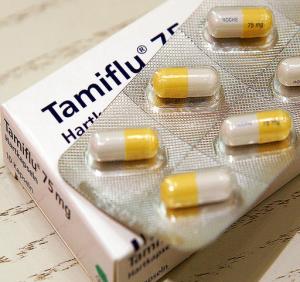
An expert panel of Securities and Exchange Board of India has proposed disclosure of audited balance sheet on a half-yearly basis by listed companies.
🙂
At present, a listed company discloses audited accounts once a year at the annual general meeting.
This is among a slew of recommendations made by the Sebi committee on disclosure and accounting standards (Scoda).
🙂
“The accounting irregularities at Satyam Computer Services reiterate the need for having greater internal checks and controls in an organisation,” the Sebi committee said in a discussion paper put out on Monday inviting public comments till September 25.
🙂
Sebi will take a final decision on the new disclosure norms proposed by the committee after getting public comments.
🙂
Pinning the responsibility of ensuring the independence of the external auditor and its partners on the audit committee of the company, Scoda has also proposed that the partner of the audit firm of a listed firm be rotated every five years to avoid management-auditor connivance.
🙂
Citing scope for improvements in accounting norms, following the Satyam Computer scam, Sebi had asked Scoda to look into the possibility of carrying out internal checks and balances in firms by external auditors.
🙂
“Sebi panel proposals are expected to bring transparency in the corporate governance.
It is expected to lift the corporate governance standards in the country.
The need to upgrade standards was felt since the Satyam scam hit the market.
The guideline to rotate auditors after every five years is welcomed decision.
The decision to ask listed companies to report audited results twice a year may also lift investors’ confidence in the markets” said Jagannadham Thunuguntla, head of research at SMC Capital.
🙂
Another issue, which Scoda felt may best remain unchanged is prescribing professional qualifications or financial literacy for chief executive officers and chief financial officers of companies.
🙂
The committee suggested that the responsibility of selecting CFOs with adequate qualification be given to the audit committees of companies.
🙂
The Scoda was of the view that the appointment of CFO should be approved by the audit committee, which while doing so shall be required to assess the qualifications, experience and background,” it said.
🙂
Further, in order to prepare India Inc to adopt International Financial Reporting Standards (IFRS) that are expected to take effect from financial year 2011, Sebi had asked the committee to look into the possibility of allowing companies to voluntarily implement the practice.
🙂
The committee has also proposed a uniform timeline for submission of financial results by listed entities.
🙂
It has put forward that listed entities shall be required to submit their quarterly and year-to-date audited and standalone financial results or quarterly and year-to-date unaudited standalone results accompanied by limited review report of the auditor within 45 days from the end of the quarter.
🙂
This is applicable to all quarters except the last one.
🙂
Note : For More latest Industry,Stock Market and Economy News Updates, Click Here








Recent Comments